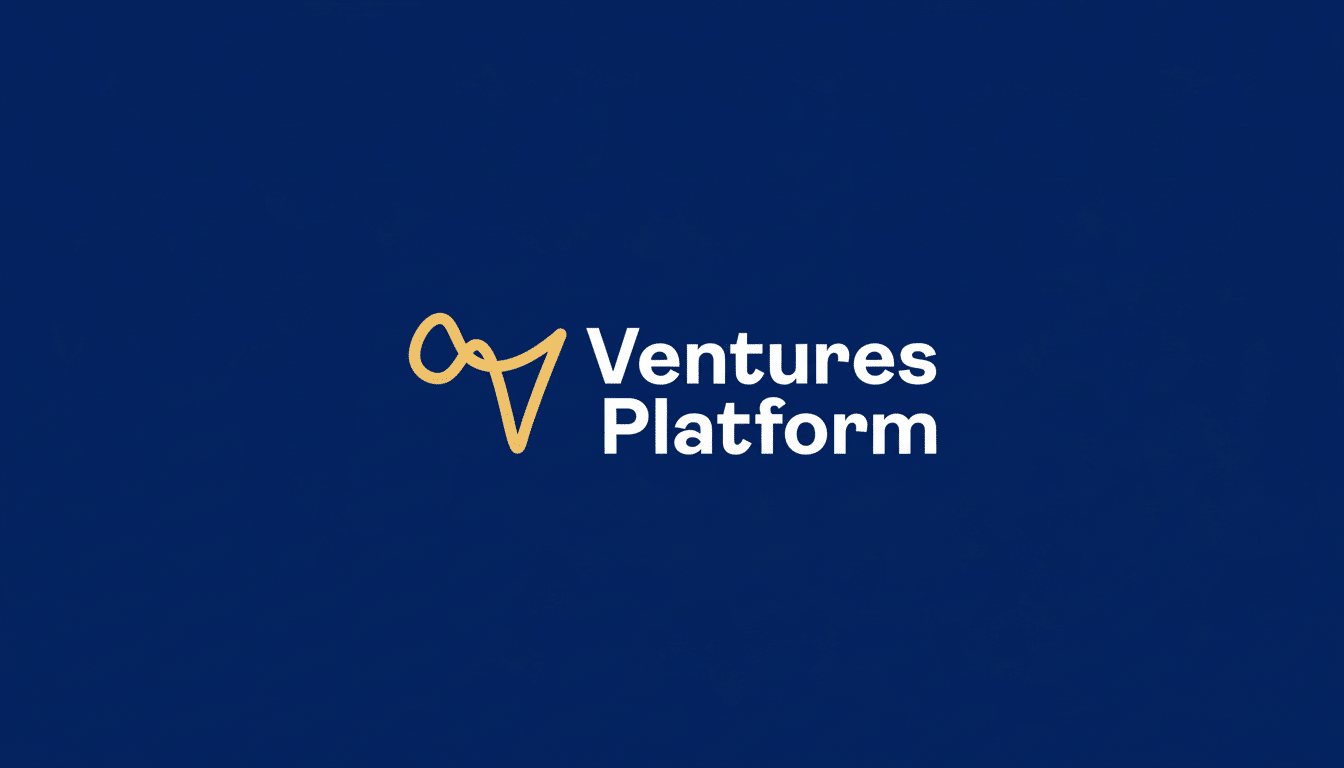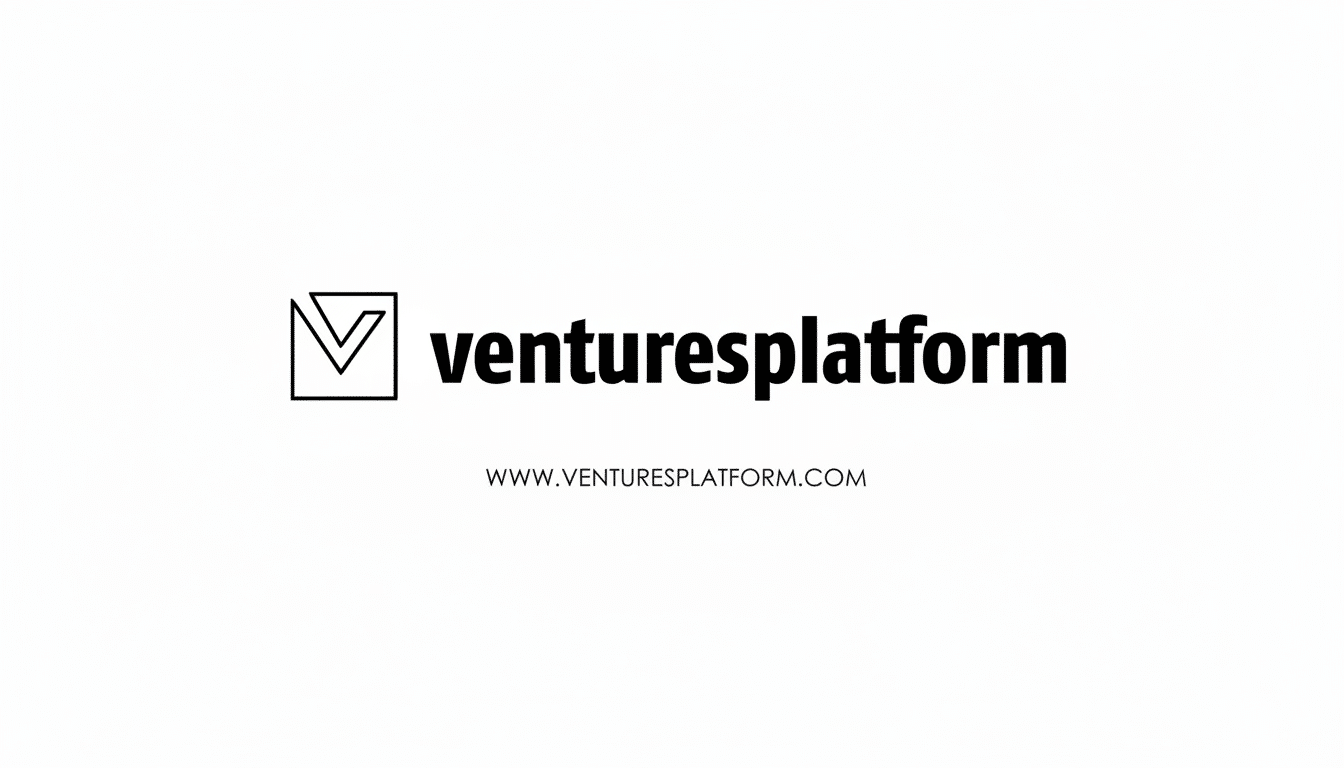Ventures Platform has closed an additional $64 million for its sophomore fund, bringing the outfit’s assets under management to $80 million for investing in early-stage companies in Africa.
The new money comes in a first close and will help the firm write bigger checks while continuing to dig deep into pre-seed and seed, where it has built its brand.

Nigeria Steps In With Landmark Funding Pledge
One of the new limited partners is the Nigerian government, which made a direct commitment to a venture capital fund for the first time through its Investment in Digital and Creative Enterprises program. It’s a symbolic and practical move for Africa’s largest startup market, the continent’s most concentrated cluster of unicorns — including e-commerce company Jumia and delivery specialist Zipline — and fertile ground for fintech and software talent.
Public participation may also crowd in private capital and extend fund duration, two of the African venture market’s much-needed ingredients. Funds backed by development finance institutions and multilateral programs have helped anchor funds in the continent for some time now, but a domestic, sovereign-backed signal from Nigeria builds confidence and aligns capital across national objectives of growing its digital economy.
Blue-Chip LPs Re-Up as Venture Mandate Expands
The second fund adds to a list that includes IFC, British International Investment, Proparco, Standard Bank, MSMEDA and AfricaGrow — as well as European family offices like Alder Tree Investment and high-profile individual backers including Michael Seibel.
Significantly, around 70% of investors in Ventures Platform’s previous vehicle returned — a powerful vote of confidence amidst a tougher fundraising cycle.
Ventures Platform announced its inaugural institutional fund of $46 million in 2022. With the new capital, the firm will move into some selective Series A rounds and a higher ownership strategy designed to back winners longer and achieve meaningful exposure to outliers. That pivot takes on an obvious hole in Africa’s funding stack as global crossover and late-seed investors retreated.
Investments In Market-Creating Startups Across Africa
The fund’s approach is focused on “painkiller” companies — startups that unlock consumption in underserved markets. Portfolio examples include Visa-backed Moniepoint, which has grown agent banking and SME services across the entire country, and Stripe-owned Paystack, which did a better job of allowing companies to make money online and sell digitally outside of Nigeria.

Other prominent wagers include remittances, HR software, B2B commerce and embedded finance in the shape of LemFi, SeamlessHR, OmniRetail, Raenest, and Remedial Health. The firm has also begun to forge coverage in Francophone West Africa and North Africa in order to source earlier and support founders who are closer to the realities of the market.
Data Context For A Shifting Venture Cycle
Industry trackers like Partech Africa and Briter Bridges have tracked more than $12 billion in African tech investment since 2015, but annual totals have cooled off steeply from the 2021 peak. Recent analysis from Partech indicates there are fewer large rounds and a slowdown in Series A and early-stage deals, while “core markets” such as Nigeria, Kenya, Egypt and South Africa are showing resilience to the downturn.
In this world, local general partners with repeatable sourcing, hands-on involvement and LP stamina have outsized impact. Ventures Platform says it has invested in more than 90 startups and returned capital from previous syndicates. The firm says four of its six vintages have returned capital, and it boasts that its first fund stands among top performers for its vintage based on TVPI and IRR — claims that count as LPs examine liquidity.
Why This Raise Matters at This Time for Africa’s Tech Ecosystem
A $64 million first close with public and private LPs signals restored faith in Africa’s long-term tech narrative: that demographic dividends are driving tech adoption; internet penetration is increasing; venture-backed companies are scaling and expanding into the rest of Africa.
The United Nations estimates that by 2050 one in four individuals across the globe will be African, and the IMF still predicts a faster pace of economic expansion in several African countries than in developed markets. Converting those tailwinds into venture outcomes, however, takes patient capital and a grounding in local context — both of which are plentiful here.
For founders, the consequences are directly felt. A stronger, conviction-driven Ventures Platform can lead pre-seed or seed rounds, lean into Series A when momentum strikes and scale with a pragmatic company-building approach to bridge the widening gulf of scarce growth capital. From Nigeria’s perspective, the LP mandate of the government through iDICE is a signpost for catalytic public investment in innovation that could, perhaps, help to crowd in further institutional capital into the ecosystem.
The headline number only tells part of the story. In a cycle dominated by selectivity, this fundraise highlights which managers can still attract global and local capital; demonstrate portfolio velocity; and back market-creating companies that last. If that pattern continues, the next wave of African category leaders could see their earliest and most ardent supporter unchanged — just better resourced.

